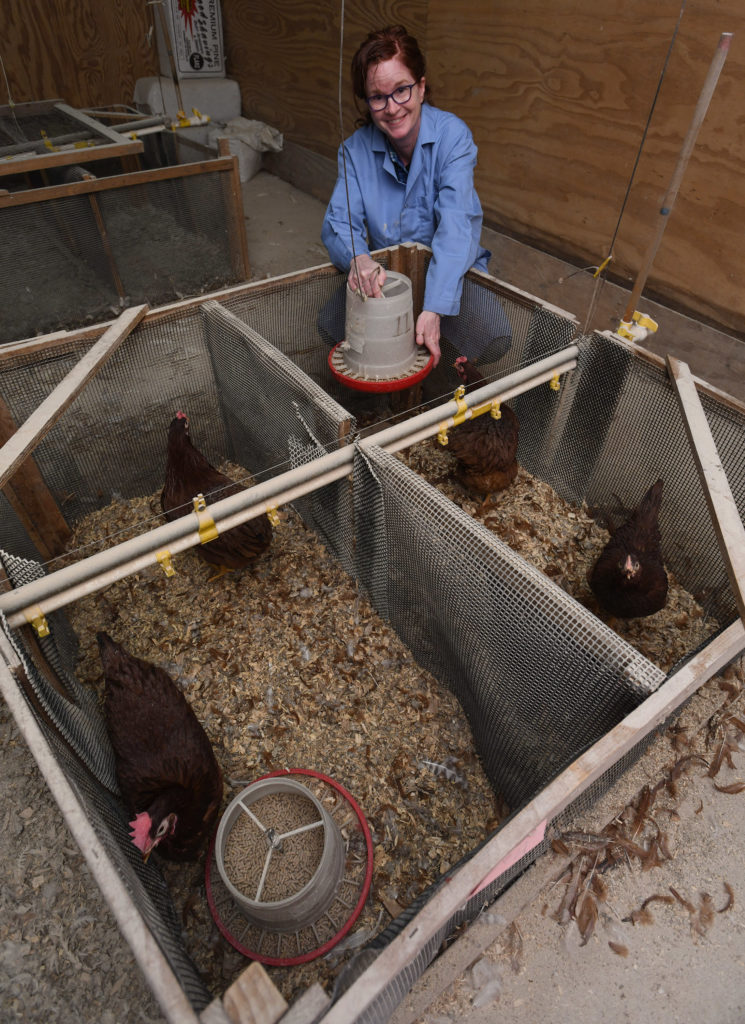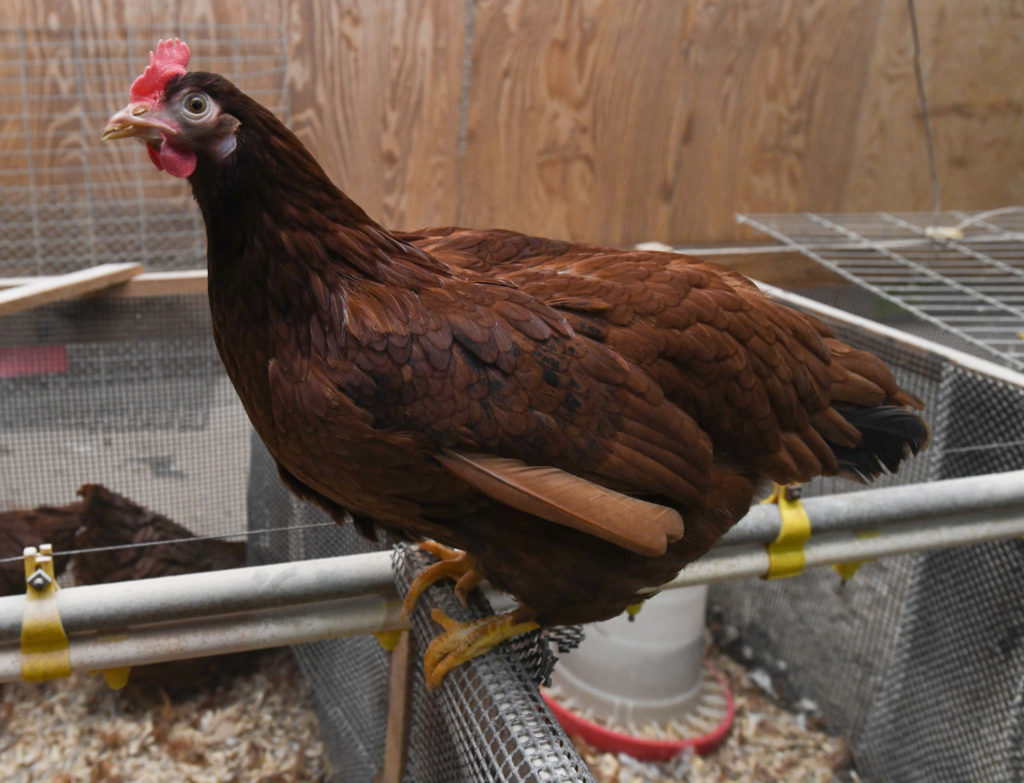Biosecurity alert: Protect your flock!

Word is (hopefully!) getting out that the USDA Animal and Plant Health Inspection Service has confirmed cases of Highly Pathogenic Avian Influenza in commercial poultry flocks in the U.S. for the first time since 2020 and on the Delmarva Peninsula since 2004.
The latest updates bring USDA-APHIS confirmed cases to the Delmarva Peninsula, including a March 9 case at a broiler farm in Queen Anne’s County, Maryland; a March 5 case in commercial poultry in Cecil County, Maryland; and a February 23 case in a commercial poultry flock in New Castle County, Delaware. Avian influenza was initially detected in a commercial flock of turkeys in Dubois County, Indiana on February 9 after seeing increased mortality. A week later (February 12), broiler chickens on a Fulton County, Kentucky farm tested positive for HPAI. On the same day, backyard poultry at a home in Fauquier County, Virginia also tested positive. All birds have or are in the process of being depopulated.
HPAI has been detected in wild waterfowl in Maryland, Delaware, Virginia, the Carolinas, Florida and New Hampshire; the suspected source of the Virginia flock’s infection.
On March 9, Maryland Secretary of Agriculture Joseph Bartenfelder signed an order restricting the movement of poultry litter generated in certain areas of the state to prevent the possible spread of the disease. Read more at MDA here.
“These announcements are a reminder to anyone who raises poultry to be vigilant and practice biosecurity to protect their flock,” said Dr. Jennifer Timmons, an assistant professor and poultry science researcher at UMES.
Good sources for biosecurity information, she said, are listed below credited to Dr. Mostafa Ghanem, an assistant professor in the molecular epidemiology laboratory in the Department of Veterinary Medicine at the Virginia-Maryland College of Veterinary Medicine.
1– Anyone involved with poultry (commercial or backyard flocks)
should review their biosecurity plan and enhance their biosecurity
practices to assure the health of their birds. Materials on biosecurity, including videos, checklists, and a toolkit for producers, are available on the APHIS webpage by clicking here.
2– In addition to practicing good biosecurity, all poultry owners should
prevent contact between their flocks and wild birds and report sick or
unusual bird deaths to state and federal officials, either through their state
veterinarian or through USDA’s toll-free number 1-866-536-7593.
Additional information on biosecurity for backyard flocks can be found here.

3– To report sick or sudden wild bird deaths, contact the Maryland Department of
Agriculture, Animal Health office at 410-841-5810 or visit the website here.
4– People should minimize direct contact with wild birds by using gloves
as wild birds can be infected with these viruses without appearing sick. If
contact occurs, wash your hands with soap and water and change clothing
before having any contact with healthy domestic poultry and birds.
5– Hunters should dress game birds in the field whenever possible and
practice good biosecurity to prevent any potential disease spread.
Biosecurity information is available here.
Photos by Todd Dudek, agricultural communications, University of Maryland Eastern Shore, School of Agricultural and Natural Sciences, UMES Extension, tududek@umes.edu.

